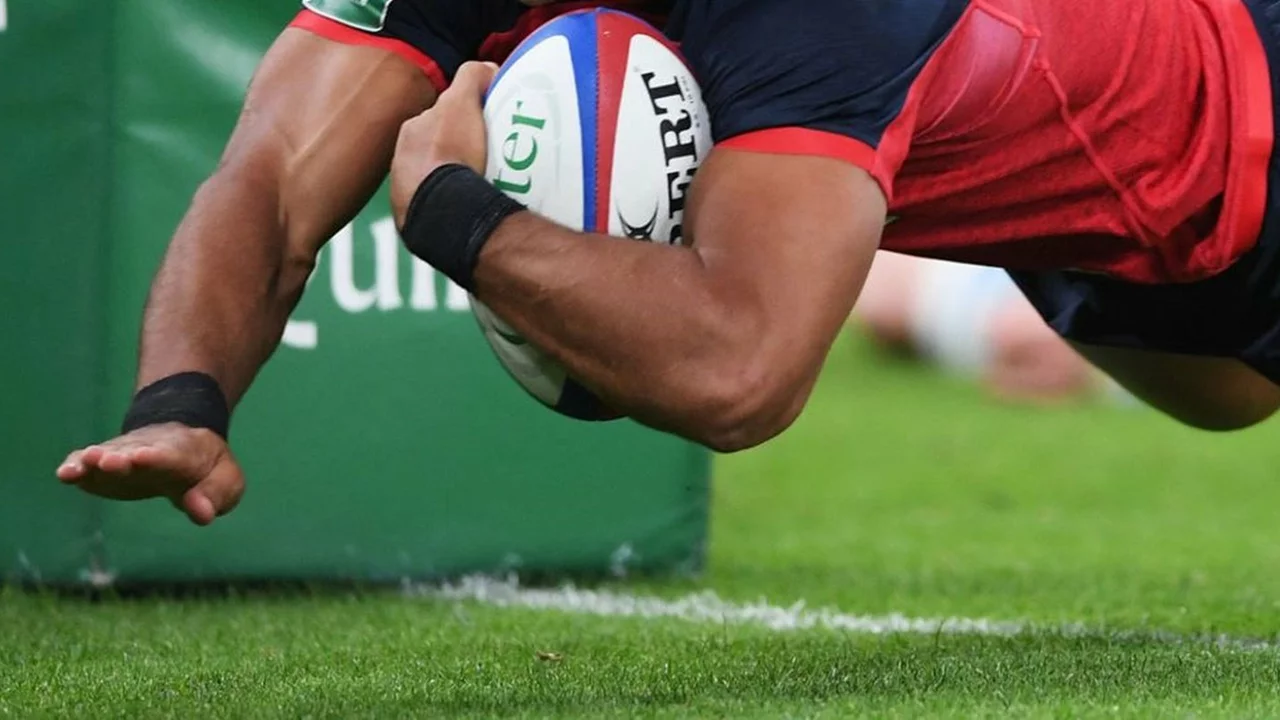Understanding the Game of Rugby
Rugby is a game that requires both physical strength and mental agility. It's a sport that demands endurance, strategy, teamwork, and a deep understanding of the rules. Rugby players are known for their resilience, composure, and their willingness to put their bodies on the line for the team. But like any other sport, rugby also comes with its share of risks, challenges, and disadvantages. As a rugby player, I have had my fair share of ups and downs and I've often found myself pondering over the question, 'Should I stop playing rugby?'.
The Physical Demand and Risk of Injuries
Rugby, like any contact sport, carries a high risk of injuries. The physical toll of the game can be severe, with common issues ranging from sprains and strains to more serious injuries like concussions and fractures. I've witnessed plenty of injuries on the field and have had a few myself. The risk of getting injured can be daunting and it's something that every rugby player must take into account. It's important to listen to your body and take necessary measures to prevent injuries. However, even with all the precautions, the risk remains.
Time Commitment and Balancing Life
Aside from the physical demands, rugby also requires a significant commitment of time. Training sessions, matches, travel, recovery time - it all adds up. As a player, you need to balance your rugby commitments with other aspects of your life such as work or studies, personal relationships, and other hobbies or interests. There have been times when I've struggled to maintain this balance and felt overwhelmed. It's crucial to consider whether you can manage this commitment before continuing with the sport.
The Emotional Toll of the Game
Playing rugby is not just physically demanding but can also be emotionally draining. The pressure to perform, the fear of letting your team down, the frustration of injuries, and the disappointment of losing can all take a toll on your emotional well-being. I've had moments of self-doubt and questioned my abilities as a player. It's important to have a strong support system to help you through these challenging times and to remind you to enjoy the game irrespective of the outcome.
The Financial Aspect of Playing Rugby
Playing rugby also comes with a financial cost. Equipment, club fees, travel expenses, and medical costs for treating injuries can all add up. As an amateur player, I've often had to dip into my own pocket to afford these expenses. It's essential to consider whether you’re in a financial position to continue with the game without it causing undue stress or hardship.
Making the Decision to Continue or Stop
In the end, the decision to continue or stop playing rugby is a personal one. It's important to weigh the physical, emotional, time, and financial commitments against the joy, camaraderie, and benefits the game brings. For me, the decision has always come down to my passion for the sport and my willingness to overcome the challenges it presents. Remember, it's not a decision to be taken lightly and it's okay to take a break or stop if that's what's best for you.



